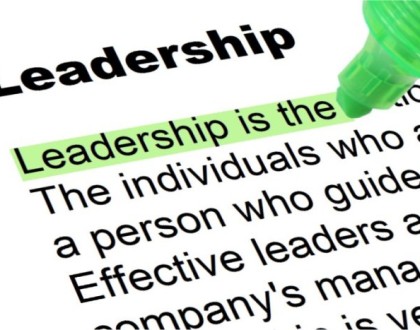Leadership, Culture and Conflict: Lessons from the Field

We have all been there. We are leading a meeting, people are disagreeing, and tempers are starting to flare. Trying to turn it around quickly, we quickly say something funny and breezy and hope that our jaunty spirit will carry the day.
We wait for the laughter, but instead, we hear stunned silence and looks of disbelief. People are offended, and their glares seem to be shouting, “I can’t believe you just said that!”
We think, “How did THAT happen? And now what the heck do I do?!”
As leaders, it is imperative that we lead by example, showing others how to be graceful in the face of misunderstanding. When we upset others, we need to acknowledge the offense as soon as possible.
No matter how well meaning we are, we can never anticipate all the ways that our words may impact someone else. This is a natural part of our human experience. When teams are diverse, members come together with a broad array of perspectives and filters. If we want to be “out there” in the world, then we need to be ready for times like this.
When it does happen, there is no need to panic, get defensive or overly apologetic. If we find ourselves in this situation and we feel tongue tied, we can try something as simple as, “Oops!” or “I am sorry.” or “Thanks for telling me.” or “Sorry. That didn’t come out right.”
Of course, if we are not sure why folks are offended, then we need to find out what happened. In cases like this, we can say something like, “Oh, I am sorry! I can see that you are upset. That was certainly not my intention. Can you please explain it to me so that I understand it better?”
Words to this effect will show that we are courageous and authentic leaders, open to honest feedback. Over time, we find that situations like this can turn out to be real gifts. In fact, they sometimes give us our most profound insights about the world and can give us a clearer view into the hearts and minds of those around us.
For more on this topic, join us on September 15th for an interactive evening, Leadership, Culture and Conflict: Lessons from the Field, which will explore the ties between conflict and culture and the role leadership plays in determining successful outcomes.
